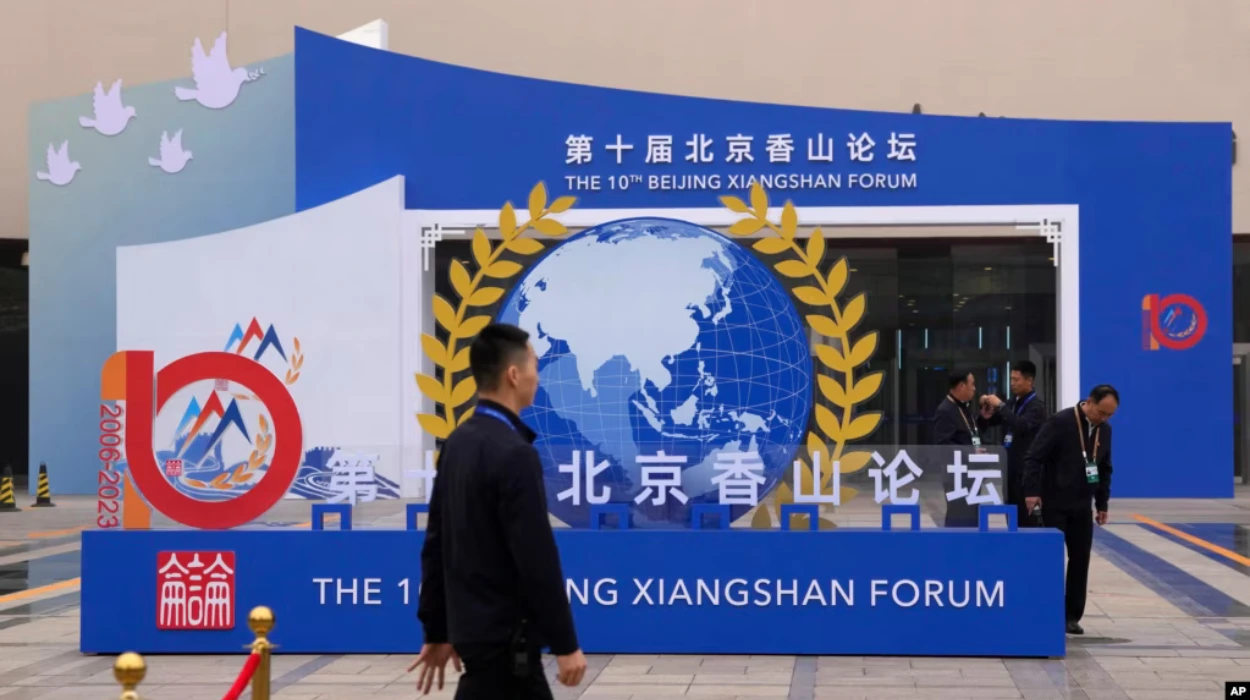US (Transatlantic Today) —The United States is sending Michael Chase, the deputy assistant secretary of defense for China, Taiwan, and Mongolia, to China’s top annual security forum, the Xiangshan Forum, later this month. This move, confirmed by two U.S. defense officials to VOA, underscores the U.S.’s commitment to maintaining military communication with China.
Chase’s attendance is viewed as a step toward consistent U.S. participation, as he is more senior than last year’s representative but aligns with the Pentagon’s historical norms for such events. Notably, the Pentagon did not send any officials to the forum from 2020 to 2022 due to the pandemic.
According to a defense official who spoke anonymously, Chase’s engagement aims to keep communication lines open and ensure China clearly understands the U.S. position on global security issues. This forum follows a significant face-to-face meeting in Singapore between U.S. Defense Secretary Lloyd Austin and Chinese Defense Minister Admiral Dong Jun in late May, marking a reestablishment of dialogue between the two nations after a prolonged absence.
“Of course talks can make a difference,” Deputy Pentagon Press Secretary Sabrina Singh stated earlier this year, emphasizing that military-to-military communications are crucial for avoiding miscalculations.
The upcoming forum, set for September 12-14, is expected to attract delegations from over 90 countries and international organizations, according to Chinese state media. This year’s discussions occur against a backdrop of rising tensions between China and U.S. ally the Philippines in the South China Sea. Recently, China’s coast guard has employed aggressive tactics, such as using water cannons and ramming to disrupt Philippine fishing and resupply missions.
China has long maintained its ambition to control Taiwan, with the defense ministry emphasizing that the Taiwan issue is central to its national interests. In response, President Joe Biden has reiterated that U.S. troops would defend Taiwan against any aggression.
Last year, Austin and his Philippine counterpart formalized the U.S.-Philippines Bilateral Defense Guidelines, asserting that any armed attack on either nation’s vessels or forces in the Pacific, including the South China Sea, would trigger mutual defense commitments under the 1951 U.S.-Philippines Mutual Defense Treaty.
As tensions continue to escalate in the region, Chase’s participation in the Xiangshan Forum represents an important step in U.S. efforts to engage with China while reaffirming commitments to allies like the Philippines and Taiwan.


























